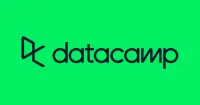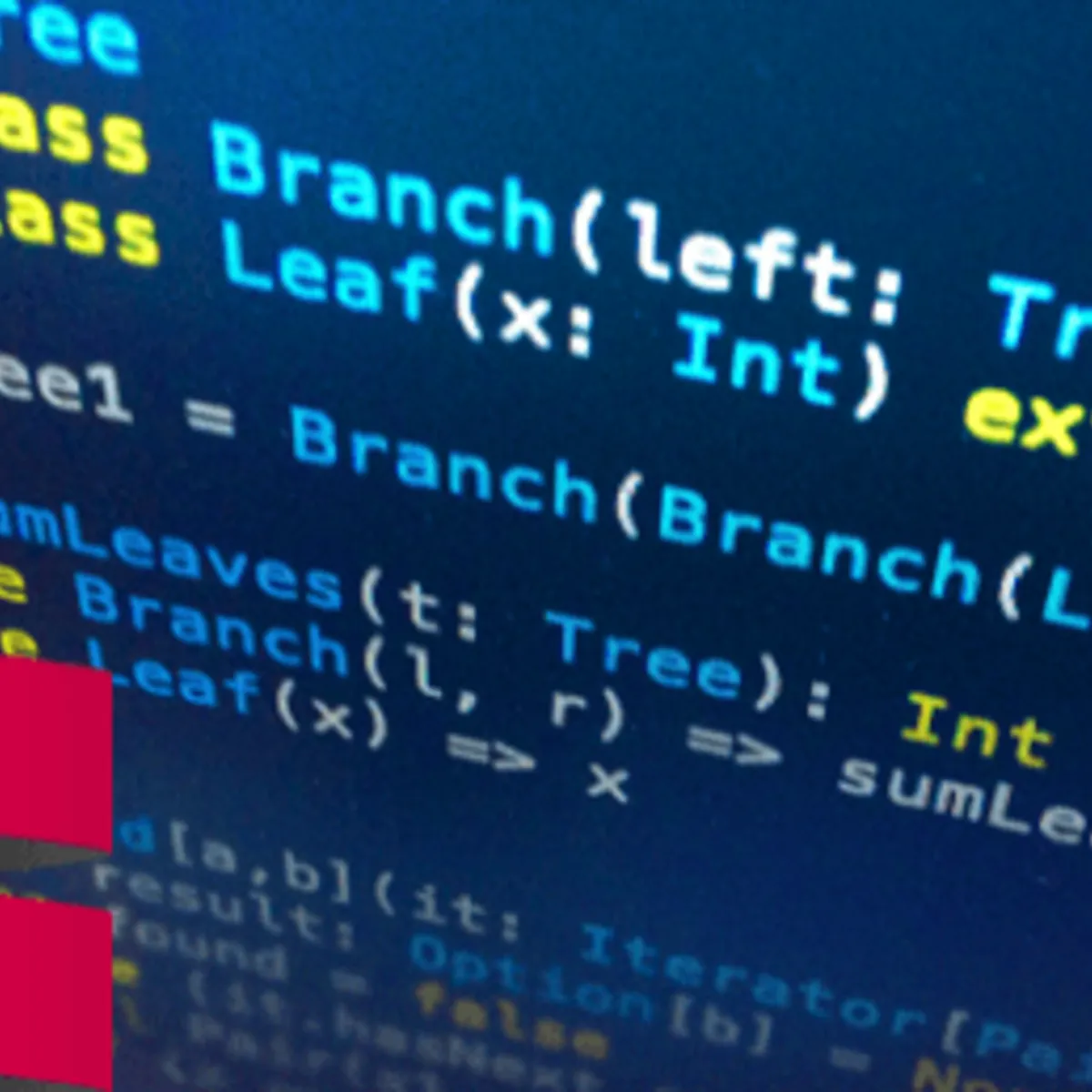
Introduction to MongoDB in Python 
This course introduces you to MongoDB in Python. Learn how to use the MongoDB language to search and analyze data, and explore data structures as you see fit. With MongoDB, you can store and process data without adhering to the strict relational format of SQL. In this course, you will explore and answer questions about Nobel Laureates and prizes using unprocessed data from the official nobelprize.org API. Take this course to gain the skills you need to work with MongoDB in Python. ▼
ADVERTISEMENT
Course Feature
![]() Cost:
Cost:
Free Trial
![]() Provider:
Provider:
Datacamp
![]() Certificate:
Certificate:
No Information
![]() Language:
Language:
English
Course Overview
❗The content presented here is sourced directly from Datacamp platform. For comprehensive course details, including enrollment information, simply click on the 'Go to class' link on our website.
Updated in [June 30th, 2023]
This course provides an introduction to MongoDB in Python. Students will learn how to use the MongoDB language for search and analytics, as well as explore data structures as they see fit. As a NoSQL database, MongoDB does not adhere to SQL's strict relational format. Through the course, students will explore and answer questions about Nobel Laureates and prizes using unprocessed data from the official nobelprize.org API. By the end of the course, students will have a better understanding of MongoDB and how to use it in Python.
[Applications]
After completing this course, students will be able to apply their knowledge of MongoDB in Python to create and manage databases, query data, and analyze data. They will also be able to use the MongoDB language to search and analyze data from the nobelprize.org API. Additionally, students will be able to use MongoDB to explore data structures and create custom data models.
[Career Path]
One job position path that can be recommended to learners of this course is a MongoDB Developer. MongoDB Developers are responsible for designing, developing, and maintaining MongoDB databases. They must have a strong understanding of MongoDB's features and capabilities, as well as the ability to write efficient and optimized queries. They must also be able to troubleshoot and debug any issues that arise.
The development trend for MongoDB Developers is to become more specialized in the technology. As MongoDB continues to evolve, developers must stay up to date with the latest features and capabilities. They must also be able to work with other technologies, such as Python, to create more powerful and efficient applications. Additionally, MongoDB Developers must be able to work with large datasets and be able to optimize their queries for maximum performance.
[Education Path]
The recommended educational path for learners interested in MongoDB in Python is to pursue a Bachelor's degree in Computer Science. This degree will provide students with a comprehensive understanding of computer science fundamentals, such as programming languages, algorithms, data structures, operating systems, and computer architecture. Additionally, students will learn about database systems, including MongoDB, and how to use them to store, query, and analyze data.
The development trend for this degree is to focus on the application of computer science principles to real-world problems. This includes topics such as artificial intelligence, machine learning, natural language processing, and data science. Additionally, students will learn how to use MongoDB to develop applications and services that can be used to solve complex problems. As technology continues to evolve, the need for computer science professionals with a deep understanding of MongoDB and other database systems will continue to grow.
Course Syllabus
Flexibly Structured Data
Working with Distinct Values and Sets
Get Only What You Need, and Fast
Aggregation Pipelines: Let the Server Do It For You
Course Provider

Provider Datacamp's Stats at AZClass
Discussion and Reviews
0.0 (Based on 0 reviews)
Explore Similar Online Courses

BFLI-001: PARLER DE SOI & Talking About Oneself (French)

Perform Foundational Data ML and AI Tasks in Google Cloud

RDBMS PostgreSQL

Intro To PostgreSQL Databases With PgAdmin For Beginners

PostgreSQL: Client Applications

Mastering SQL using Postgresql

Database Design and Basic SQL in PostgreSQL

PostgreSQL: Advanced Queries

Spatial SQL with Postgres : A language for geographers

Learn SQL Using PostgreSQL: From Zero to Hero

PostgreSQL Essential Training


Start your review of Introduction to MongoDB in Python